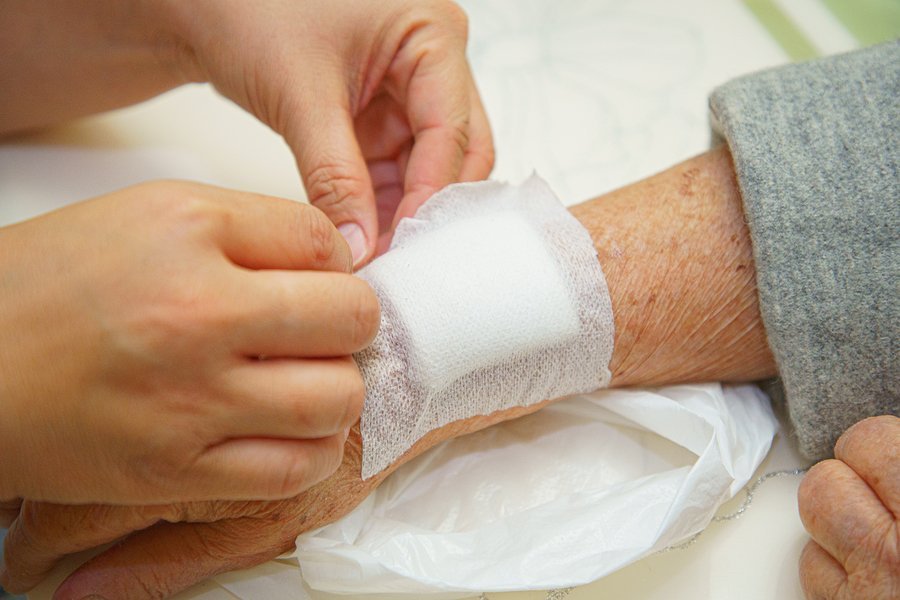Minor Laceration Repair in Orlando, FL
A laceration is a cut or tear in the skin, which can result from contact with a sharp object, such as a knife or a shard of glass, or blunt force trauma. In addition to bleeding, pain, and a break in the skin, a wound may involve damage to underlying tissues. Without a proper repair, a laceration may also lead to infection and excessive scarring.
A laceration that causes uncontrollable bleeding warrants a trip to the nearest hospital ER for emergency laceration repair. Otherwise, a relatively minor laceration may be safely and effectively treated at home or by a doctor.

What Does Laceration Repair Involve?
To help prevent infection and promote proper healing, laceration care should entail:
- Administering direct pressure – To control any bleeding, immediately press on the cut with a clean cloth and maintain firm and steady pressure for at least 10 minutes.
- Cleaning the wound – To remove any dirt or other debris from the cut, gently wash it with mild soap and cool running water. Do not scrub the skin or apply rubbing alcohol or hydrogen peroxide, as those actions can inhibit healing.
- Applying antibiotic ointment – Lightly pat on antibiotic ointment and then cover the wound with a sterile gauze bandage to help keep it clean and dry.
- Using cold therapy – Wrap an ice pack in a towel and gently hold it against the wound to reduce swelling and bruising. It can also be helpful to rest with the injured area of the body elevated on pillows at or above heart level.
When assessing and treating a laceration at home, it’s important to watch for signs that professional medical attention may be needed. See a doctor right away if the wound:
- Bleeds for more than 10 minutes
- Has separated or jagged edges
- Is deeper than 1/8”
- Contains debris that can be seen or felt
- Exposes underlying muscle or bone
If you’re a member of Optimum Direct Care in Orlando, FL, you can receive professional laceration repair services from your primary care doctor, Dr. Toni “Muzzi” Muzzonigro. Dr. Muzzi can evaluate the severity of your injury, clean your wound, and determine whether you need a tetanus booster, sutures, or any other type of treatment. You can rely on Dr. Muzzi for all of your primary health care needs.
